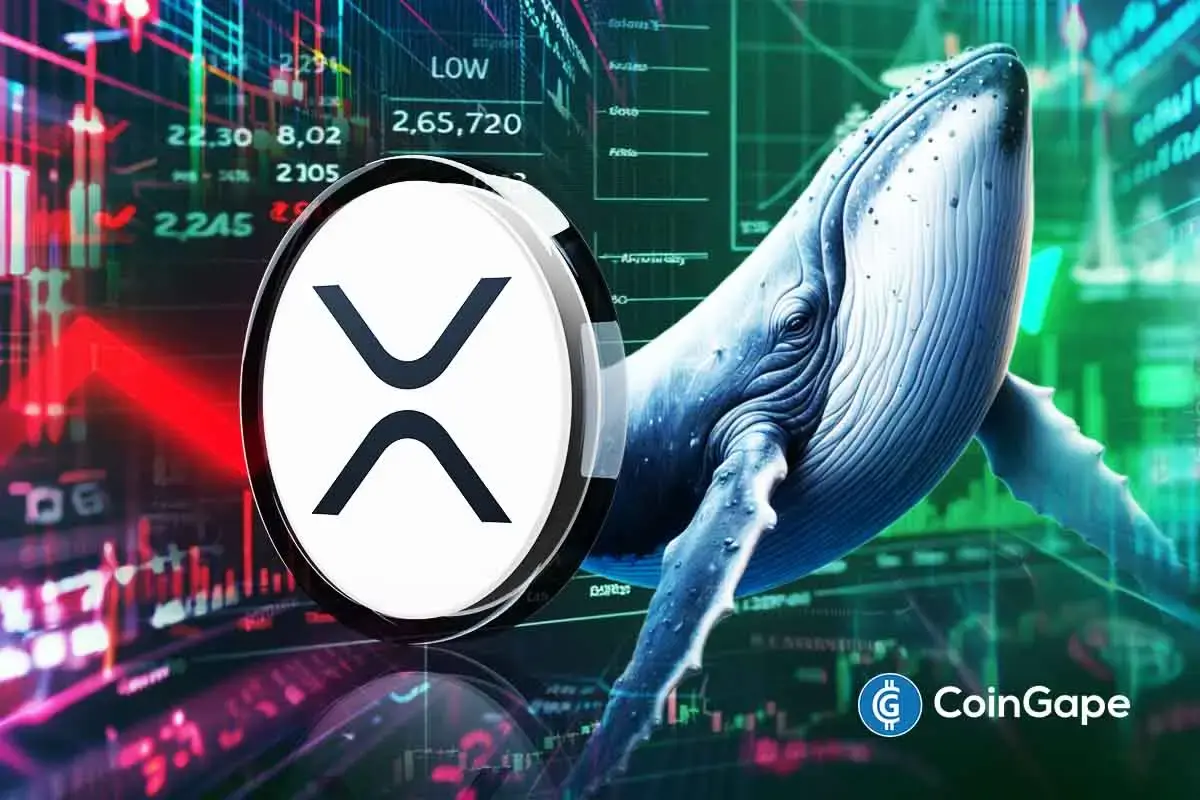Supreme Court Overturns Chevron Ruling, What It Means For Ripple And Coinbase Lawsuits?

Highlights
- The U.S. Supreme Court has dismantled the Chevron deference, allowing judges to interpret federal laws independently.
- This significant legal shift could affect Ripple and Coinbase's ongoing lawsuits with the SEC over the classification of digital assets.
- Without Chevron's deference, Ripple may benefit as courts could favor its argument that XRP tokens are not securities.
The U.S. Supreme Court has effectively dismantled the Chevron deference doctrine, reshaping how federal regulations will be interpreted by courts. This decision underscores a significant shift from previous practices, where courts often deferred to federal agency expertise on ambiguous statutory language. Six Republican-appointed justices supported the overturn. The ruling paves the way for judges, rather than agency experts, to interpret such laws, potentially impacting various regulatory realms, including environmental protections and consumer safety.
Chevron Overturn Reduces Agency Interpretative Power
The eradication of Chevron’s deference diminishes the interpretative power traditionally held by federal agencies in regulatory matters. Agencies like the Environmental Protection Agency (EPA) and the Securities and Exchange Commission (SEC) have historically benefited from judicial deference, allowing them to apply expert judgment to complex issues within their purview.
However, the court’s recent decision mandates that federal judges will no longer be required to lean on agency interpretations when faced with vague congressional statutes. This change introduces a new era of legal interpretations, where judges are empowered to make these determinations independently.
Consequently, regulatory agencies may need help enforcing and implementing existing regulations. This transition might lead to increased litigation as the clarity previously provided by agency interpretations diminishes.
Moreover, industries regulated under these agencies could experience uncertainty as they navigate the changing landscape of federal oversight. This uncertainty extends to telecommunications and environmental management sectors, where regulatory guidance is crucial in operational and strategic decisions.
Also Read: Fetch AI Affirms Manual Conversion Options Amid ASI Merger
Supreme Court Ruling Boosts Ripple, Coinbase Lawsuits
The crypto industry, particularly firms like Ripple (XRP) and Coinbase, could see immediate effects from this Supreme Court decision. The ruling is especially relevant in ongoing legal battles involving these companies with the SEC.
For instance, Ripple’s dispute with the SEC over whether its XRP tokens constitute securities has been influenced by interpretations of the Securities Act by the SEC. Under the Chevron framework, courts deferred to the SEC’s expertise. Judges will independently interpret these laws, potentially favoring Ripple’s stance in the ongoing XRP Vs. SEC lawsuit.
Similarly, Coinbase’s challenge against the SEC, regarding accusations of operating as an unregistered securities exchange, gains traction from this decision. Coinbase argues that its operations do not fall under the SEC’s securities regulations, a position that may now receive a more favorable hearing in court. The absence of Chevron deference means that the judiciary may adopt less stringent interpretations of what constitutes security under the law, potentially aligning with the perspectives of crypto firms that their offerings need to meet the traditional criteria outlined in the Howey Test.
Also Read: Bitcoin ETF, Nvidia, & AI Hype Usher $400 Billion Investment in ETFs
- Arkham Exchange Shut Down Rumors Denied as Bear Market Jitters Deepen
- XRP News: Ripple Taps UK Investment Giant to Bring RWA Tokenization on XRP Ledger
- The Web3 Wallet Is Maturing. What Should We Expect?
- Godex Review: No-KYC exchange for private crypto conversions
- US Jobs Data: Bitcoin Falls to $66K as Wall Street Sees Rise in Nonfarm Payrolls
- BTC Price Prediction Ahead of US Jobs Report, CPI Data and U.S. Government Shutdown
- Ripple Price Prediction As Goldman Sachs Discloses Crypto Exposure Including XRP
- Bitcoin Price Analysis Ahead of US NFP Data, Inflation Report, White House Crypto Summit
- Ethereum Price Outlook As Vitalik Dumps ETH While Wall Street Accumulates
- XRP Price Prediction Ahead of White House Meeting That Could Fuel Clarity Act Hopes
- Cardano Price Prediction as Bitcoin Stuggles Around $70k
















